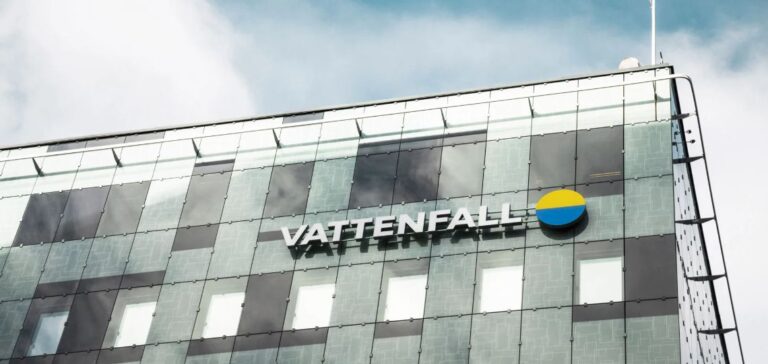Vattenfall AB announced on 25 March that it has made the final investment decision for the offshore wind farms Nordlicht 1 and Nordlicht 2, located approximately 85 kilometres north of the German island of Borkum in the North Sea. This marks the beginning of construction of what the Swedish group states will be the largest offshore wind project ever built in Germany.
Installed capacity and commissioning timeline
Nordlicht 1 will reach a capacity exceeding 980 megawatts (MW), while Nordlicht 2 will contribute 630 MW, bringing the total combined capacity of the project to 1,610 MW. Together, the two sites will host 112 turbines. Vattenfall plans to begin installing the first turbines in 2026, pending regulatory approval still awaited for Nordlicht 2. The entire complex is expected to be fully operational by 2028.
BASF’s stake buyback
As part of the project, Vattenfall will acquire the 49% stake in the project previously held by BASF SE since 2024. The German chemical group announced it will no longer co-finance the construction, resulting in a non-cash disposal loss of €300mn to be recorded in its Q1 2025 financial results. Despite this withdrawal, BASF will remain a partner to Vattenfall through a long-term power purchase agreement for offshore-generated electricity to supply its chemical facilities.
Expected output and energy positioning
Once operational, the Nordlicht complex is expected to produce approximately 6 terawatt hours (TWh) of electricity per year. This output represents half the average annual production of a nuclear power plant, a technology Germany fully phased out in 2023.
In 2024, the share of renewable energy in BASF’s electricity consumption reached 26%, up from 20% the previous year. The company, headquartered in Ludwigshafen, aims to source more than 60% of its electricity needs from renewables by 2030.






















